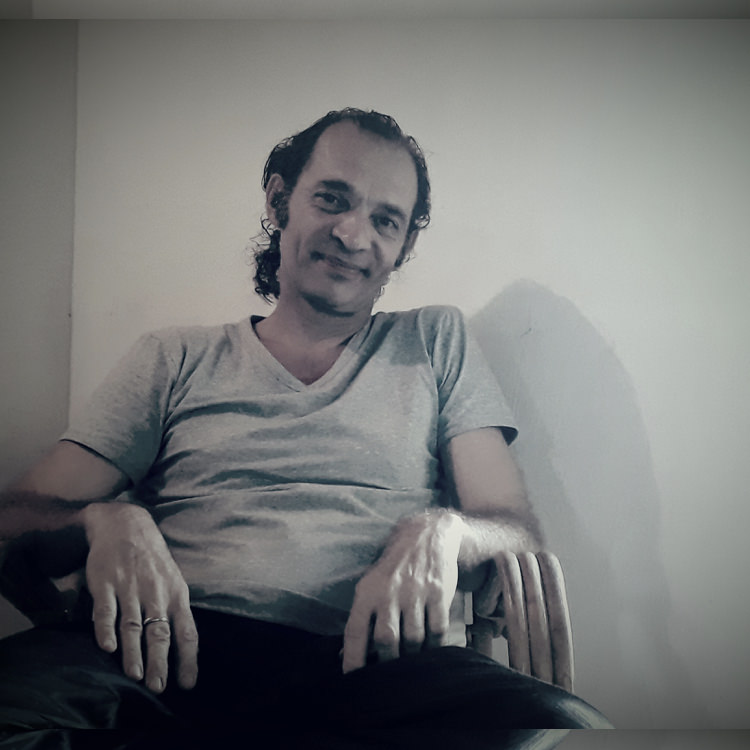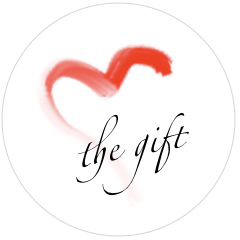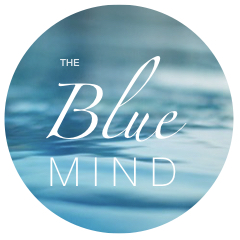Your Habits, not your goals, determine the direction of your life.
DO YOU WANT TO KNOW to know where your life is heading? Watch your habits. The life you live tomorrow will most probably reflect them. Achievements are only one part of the story of success; the other one is habits – we live with them after all.
If you want to build a meaningful and beautiful future, you need to have the set of habits that are consistent with the dream you hold in your heart. There’s no point working hard for a happy, fulfilled and dignified tomorrow if you indulge in unhappy, unsuccessful and unworthy patterns of behaviour and emotions today – however ‘hard’ you work. Life is not about working ‘hard’ anyway: it’s about working smart.
Habits are the building blocks of destiny. They are your patterns of behaviour, thoughts and emotions. We are who we are, but we become what we repeatedly do – and repetition can be compulsive or it can be a conscious choice: a practice.
In reality, everything we do is a practice. When you are angry, bossy or depressed, you practice anger, bossiness or depression. You become good at it. But when you think good, feel easy and act consciously, you practice goodness, easiness and accuracy. You become good at it.
When you understand the concept of ‘practice’, you realize something that many people completely miss: you can tweak your character; you can change yourself for the better.
You cannot change who you ARE; but you can definitely bring decisive improvements to the way you think, feel, want and behave.
Here’s how.

Welcome to the Studio!
The practices I am sharing here are my personal practices. I’ve used them over the course of many years and they’ve served me loyally. I hope they will do the same for you. If you’ve been around long enough, you’re probably noticed that everyone knows what they have to do. But very few actually do it! That’s why we put special emphasis on ‘doing‘ – and doing together – so we can inspire, encourage and support each other.
JOIN US HERE >>
Change of Work is Rest* – What is a ‘practice’?
A practice is something you do intentionally to build a behaviour, a skill. It is ‘work’ that energises you, builds you up and generates well-being – sometimes after an initial stretch of pain if you’re working on ‘weak muscles’. Muscles are not only physical: we also have emotional, mental and vital ‘muscles’ – patterns of responses to life’s events.
Whether you are about yoga, kung fu, maths, baking cookies or cultivating emotional stability, you earn your skills and learn your art through practice.
There are three kinds of practices: physical, psychological and spiritual.
PHYSICAL practices are things you do with your hands, your feet, your body and its extensions – money, things, tools … Those are behaviour practices.
PSYCHOLOGICAL practices are things you do in your consciousness. There are more subtle. They are awareness practices. Things you do with your mind, with your energy and your emotions. They are more attitude practices.
SPIRITUAL practices are about letting go, surrendering. They are non doing although you also ‘do’ something when ‘non do’: it requires attention.
Consciousness practices are subtle. They appear to be less relevant at first sight, but they are fundamental.
When you think, ‘I am an idiot’ and believe that thought, you practice being idiotic and you will tend to behave like one. We become what we think. But thinking ‘I am an idiot’ is a lie. You are not an idiot – never. You are an intelligent being temporarily thinking or behaving like an idiot.
When you think ‘I am intelligent’, you practice intelligence. You give yourself a chance to express your intelligence. And that thought is true. You are intelligent. It’s real although you are probably not intelligent all the time or in all circumstances. But when you think it, it reminds of the fact that you are intrinsically an intelligent being. That thought is a practice. It aligns your consciousness, your attitude and your choices with your real nature.
Thoughts are not enough of course, but nothing is achieved without them. Then whether or not you decide to follow up on the thought and really ‘behave’ intelligently as a life style, is another choice involving another set of habits.
* The quote is from my friend Jayesh bhai from Safai Vidyalaya, Gandhi Ashram in Ahmedabad. A Man whose entire life is practice, work, service and joy =)
Workouts for Integral Well Being & Holistic Growth.
Grow yourself in the nine key areas of your personal life through simple practices you can easily include in a busy schedule.
How does it work?
Because personal change can really appear like a daunting task, we adopt the same strategy as South African tribesmen use when they eat an elephant: take one little piece at a time – Courtesy Desmond Tutu :-).
I am offering you three things:
- Freely Pick’n’Mix what you need, at your own pace, in your own sequence from our nine libraries (start by using the ones you enjoy before you start working on your weak inner muscles).
- Join Frederic’s Integral Yoga Studio on facebook. It’s a personal growth group where we post things first and where everyone can raise their issues, share experiences and request guidance. You will also get informed about our 21 online challenges everytime we launch them.
- Get mentoring/coaching sessions with me or with our mentors and coaches in India and Vietnam if you need to solve a specific issues – faster and with less effort.
Personal/spiritual growth is like gardening: you cultivate (I mean practice), and one beautiful morning, the flowers start blossoming.
There’s something very important to understand here because it’s the cause of many frustrations and failures: you can push the practice, but you can’t push the flowering. If you force a flower to open, you kill it. And if you push your practice too hard, you’re killing the flower. And if you’re not pushing it hard enough, the flower will have no fragrance.
What you’re seeking is not speed, it’s balance: the sensitivity, the intelligence to know what’s not enough, what’s too much and what’s just what’s needed.
There are three broad categories of practices: Self Awareness, Conditioning and De-conditioning practices.
DE-CONDITIONING practices are about taking some distance with all the things you’ve learned, all the stuff you think you know, so you can see things with fresh eyes: releasing the mental blinders and emotional dependencies that hold you back into outdated, life limiting, and often painful patterns. It’s very useful when you find yourself stuck in an area of your life or a part of yourself. The aim is not to create any ‘productive’ or good patterns – it’s to get you out of patterns.
CONDITIONING practices focus on building good habits and healthy patterns of behaviour, thoughts and emotions – positive, productive, pleasant and consistent with who you are. It’s like branding: building the personality, the set of attitudes and skills and the life style that best express who you are.
Habits and patterns are great. We need them. If we didn’t have them, we’d have to relearn how to brush our teeth every morning. We would need rebuild our understanding of the world every time we walk out of our home. But they are also constraining because they make us see and experience the world as it has been, not as it IS.
You will find both here, plus a third category that will allow to practically achieve that balance: SELF AWARENESS – the answer to the age old ‘who am I?’. But this answer to that question is not conceptual: it is experiential, existential. You do not need to ‘define’ or label who you are but you need to know how to ‘tune in’ that internal presence, and ‘be’ who you are. When you do this, you tremendously improve your ability to maintain balance between ‘knowing’ and ‘not knowing’, between learned skills and patterns and versatility.
We know you will enjoy it :-).
"A Practice is not just an 'exercise' ~ it's a way of living, an exploration, a Journey ...
If you want to practice awareness or presence for example, you may dedicate 20 mn of your morning to go through a routine paying specific attention to the experience of being present in the here and now. What you do in the morning is the foundation of what you will do in the day. It’s like the ‘seed’ of the tree of your day.
When you do that, you see yourself coming back to that inner state of presence during the day; you may start wondering and reading, and talking with people about that state of being and how you could get there more often … because it feels good. It‘s like finding a companion before you embark on a long journey …



